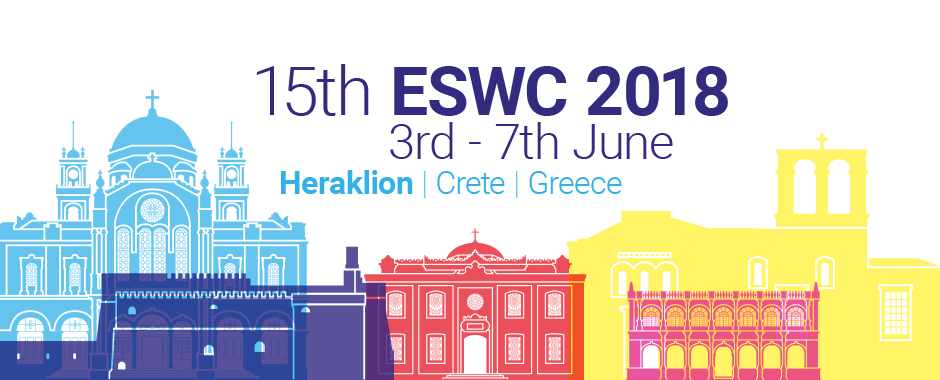Description
The volume of scientific data has grown explosively, with a proliferation of scientific databases and published literature. Researchers in the e-science era are faced not only with the challenges of integrating large volumes of information, but also with the challenges of performing knowledge discovery in increasingly complex and multidisciplinary domains.
One of the most successful areas of realization of the Semantic Web and semantic technologies in general has been science, as evidenced by the large numbers of scientific ontologies available today, the growing number of datasets exposed as linked open data, and the diverse semantic applications in scientific domains. However, challenges abound, ranging from the creation and management of semantic resources for fast evolving scientific domains, to the development of semantics-enabled research methodologies and tools that are able to handle the issues of volume, complexity and collaboration.
This track aims at gathering researchers with diverse backgrounds and experience to discuss the opportunities, challenges, innovations and impact of the Semantic Web in science. We welcome both theoretical and practical papers, and are interested in multidisciplinary views.
Topics
Topics of interest: (not limited to)
- Scientific ontologies and knowledge bases: creation, management, mapping and evolution
- Knowledge representation for scientific knowledge bases, scientific data management, and research data archiving
- Semantic scientific (big) data management, processing and analytics
- Data interchange, integration, curation and analysis for scientific applications
- Semantic scientific workflows and semantic e-Science services and infrastructures
- Scientific knowledge-discovery exploiting semantics
- Semantics-enabled NLP and text-mining for literature search, scientific Q&A systems, etc.
- Semantic scientific publishing including novel scientific attribution, (open) access and micro publication and sharing methods
- Semantic collaboration and scientific interdisciplinarity powered by Semantic Web technologies
- Visualization and interfaces for semantics-enabled scientific tools
- Semantic standards, applications, and tools for all scientific disciplines such as water science, life sciences, health care, agro science, digital humanities
Share on
